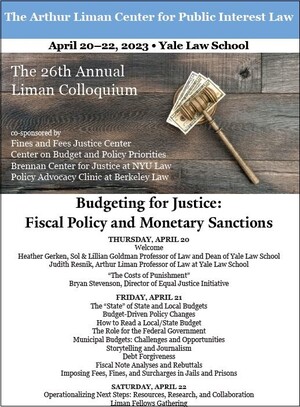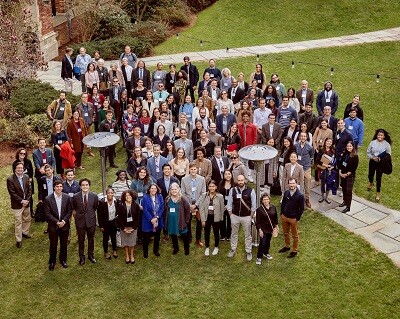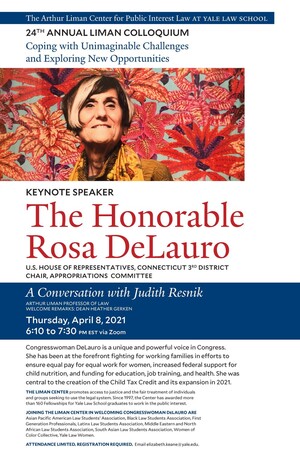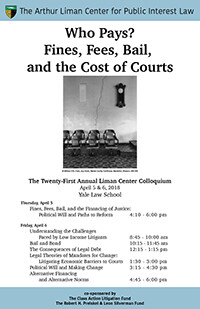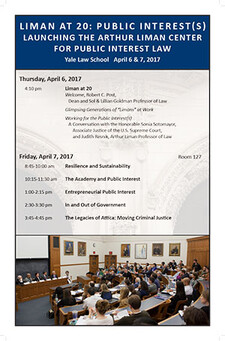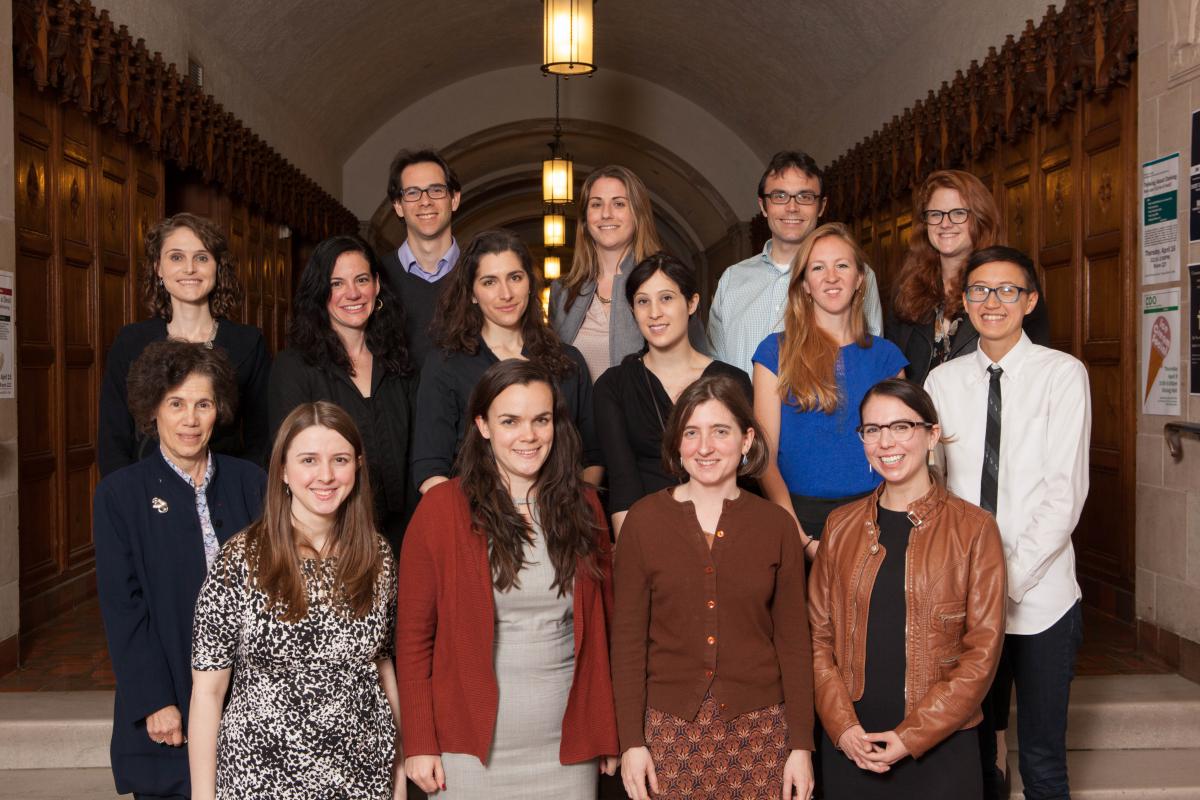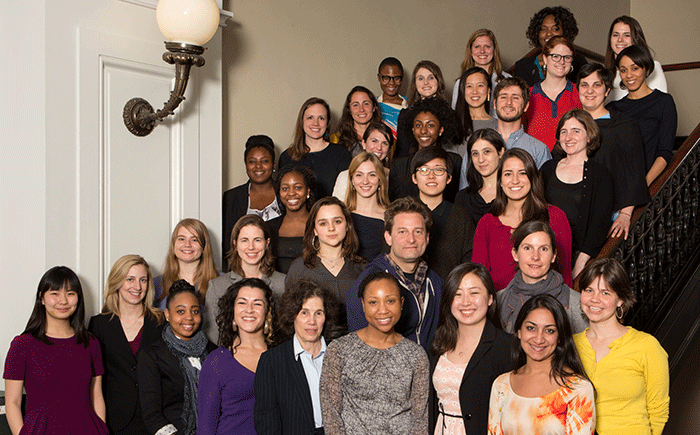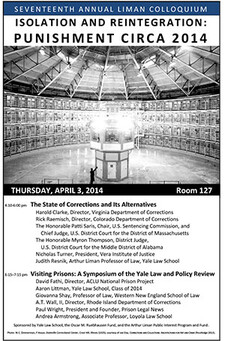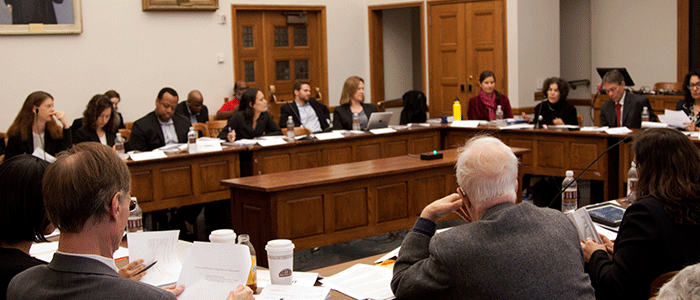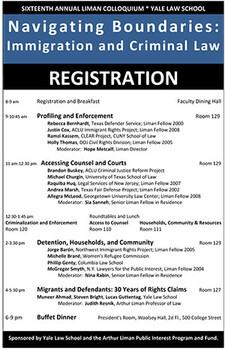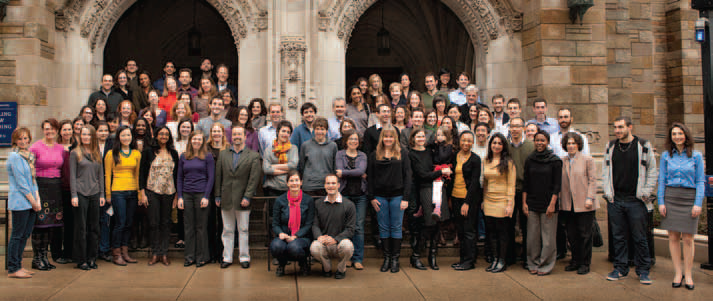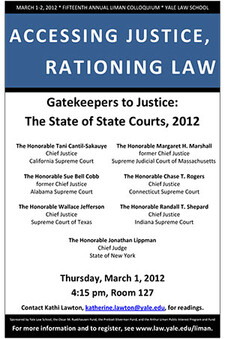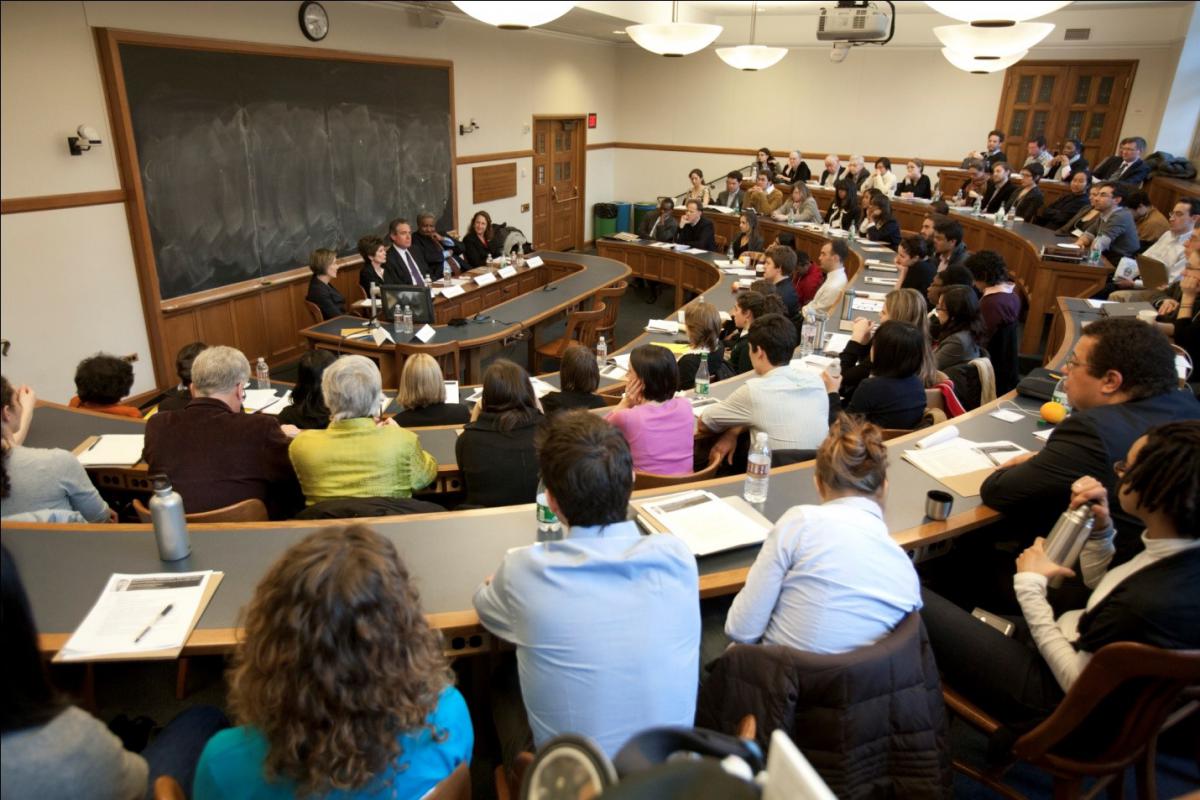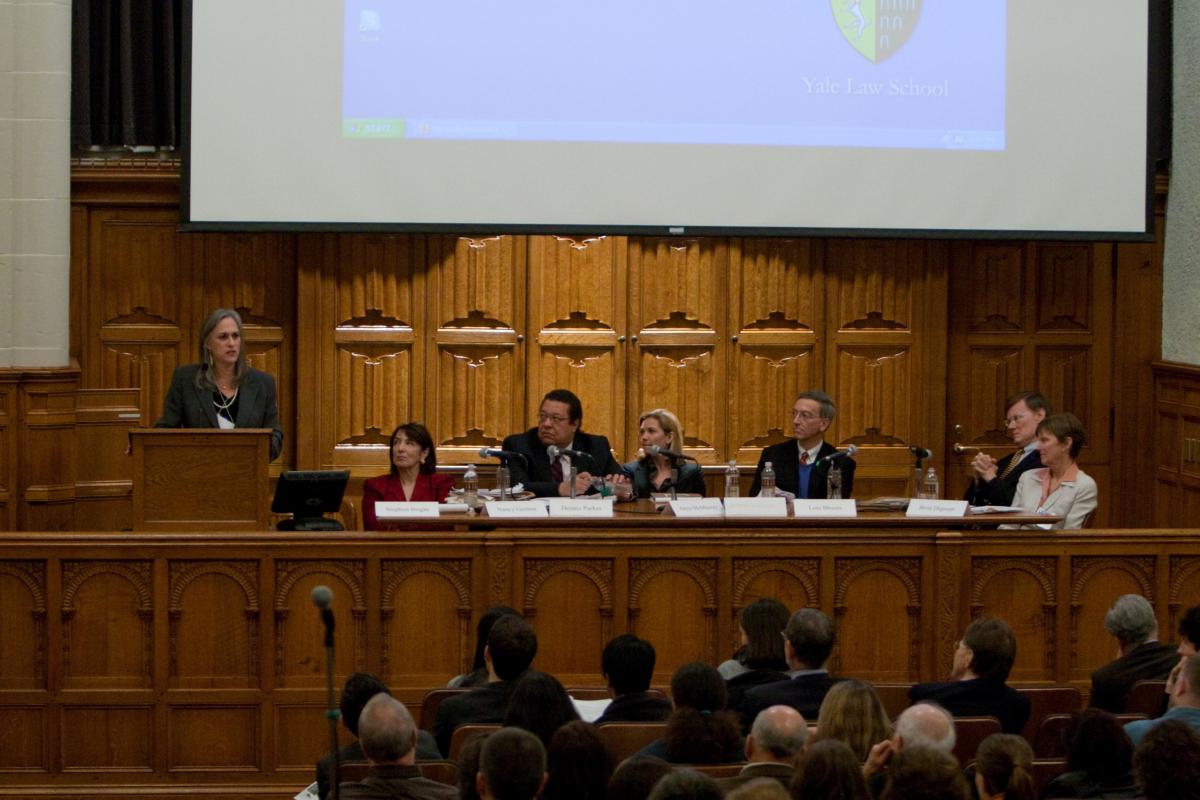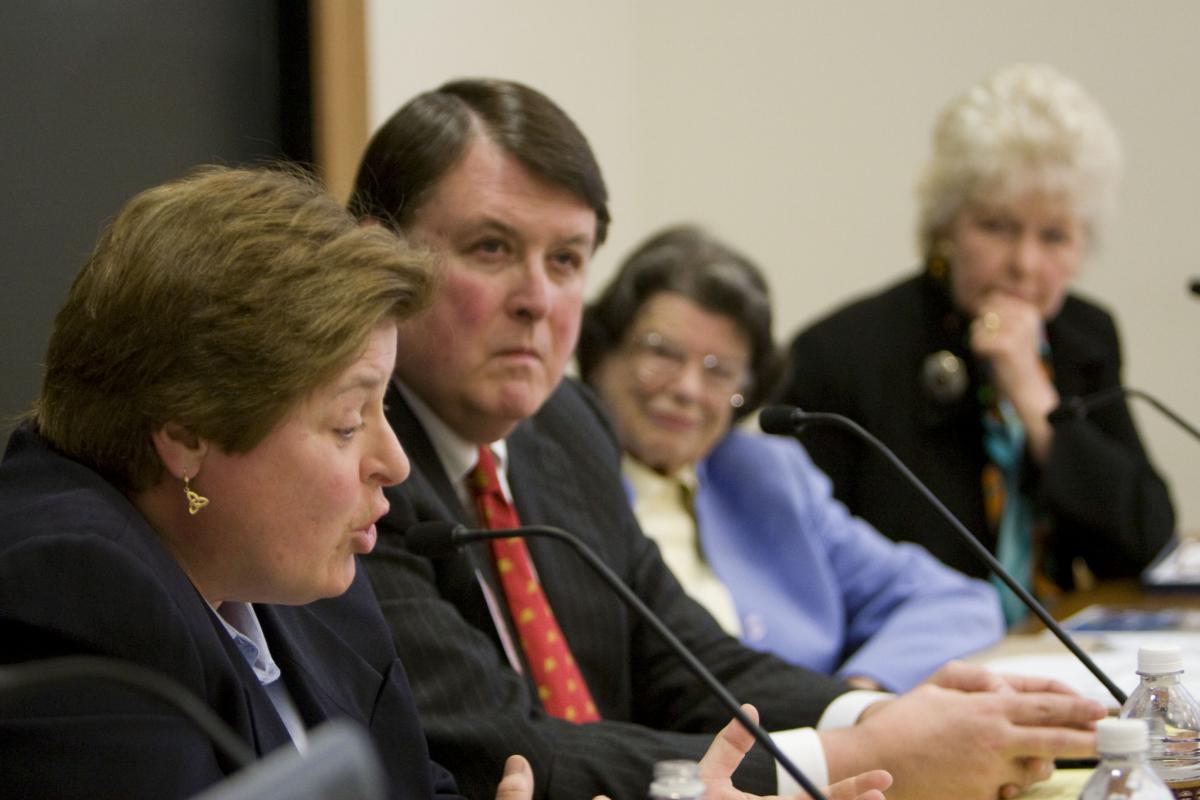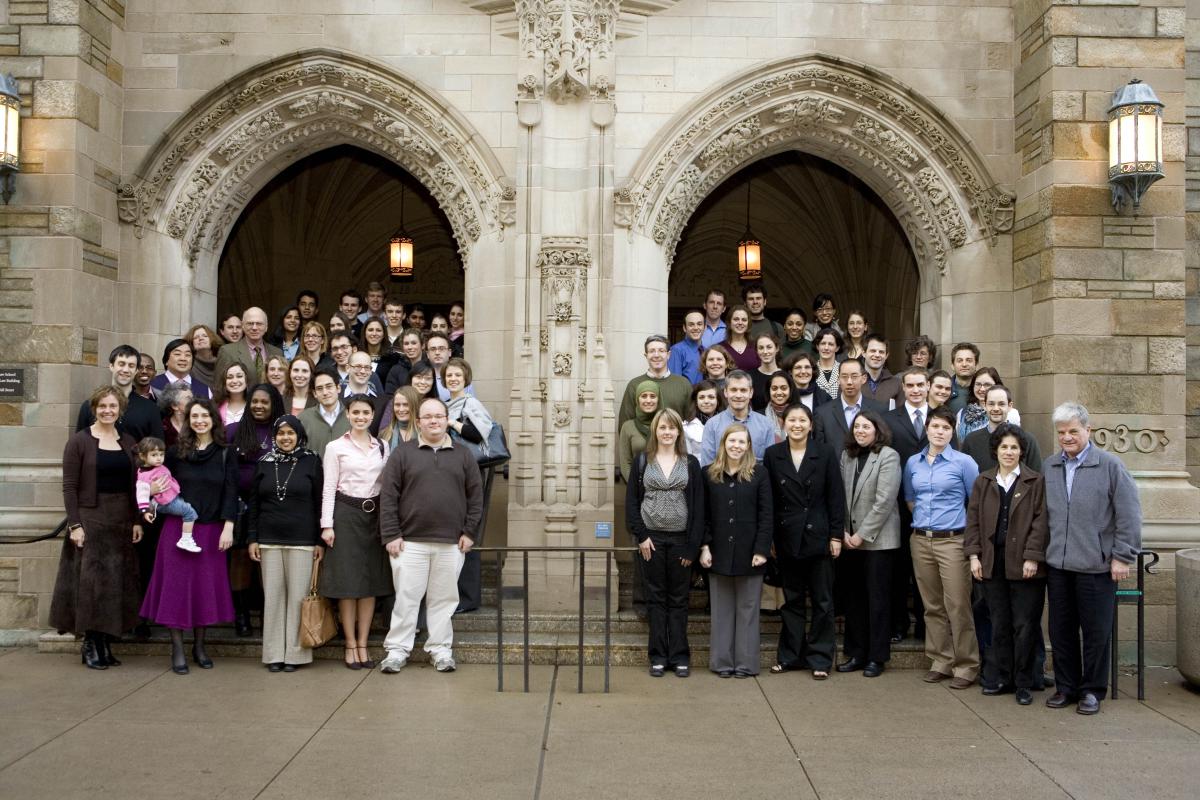Budgeting for Justice: Fiscal Policy and Monetary Sanctions
The 26th Annual Liman Colloquium
April 20–22, 2023
Over the last few decades, state and local jurisdictions have moved away from broad-based revenue sources to fund government services including courts, jails and prisons, and community supervision. Instead, governments are imposing fees and fines on individuals when they encounter the legal system, for example, if charged with traffic or other legal violations, defending cases in court, in detention before and after trial, and after convictions. As the Fines and Fees Justice Center explained, one consequence of this system is “a two-tier system of justice where poor people—and particularly communities of color—are disproportionately punished.”
Yale Law School’s Liman Center—joined by the Fines and Fees Justice Center, the Center on Budget and Policy Priorities, the Policy Advocacy Clinic at the UC Berkeley School of Law, and the Brennan Center for Justice—hosted its 26th annual colloquium to bring together a diverse group of researchers, policymakers, litigators, and others working at the intersections of criminal punishment, government services, and public finance. With support from Arnold Ventures and through a series of collaborative sessions, we explored ways of limiting—and ultimately ending—regressive funding structures and helping governments improve the justice of their social and legal services.

